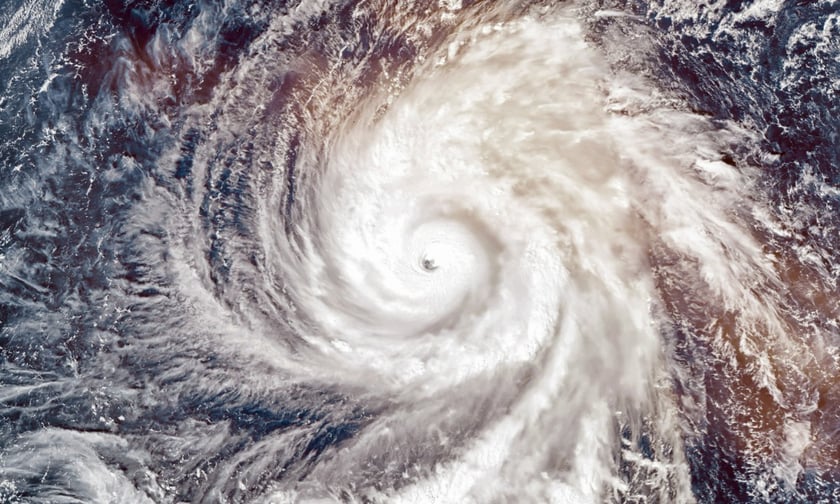

The Royal Automobile Club of Queensland (RACQ) has announced its participation in the federal government’s cyclone reinsurance pool ahead of the 2023-24 cyclone season.
The move comes as Queenslanders grapple with the severe impacts of extreme weather events, coupled with significant premium hikes across the insurance industry.
RACQ CEO Trent Sayers expressed support for the establishment of the pool but highlighted concerns regarding the current model’s design and implementation, stating that it would only yield “marginal benefits” for policyholders residing in the north.
“Unfortunately, home insurance premiums will remain high despite RACQ passing on all the benefits gained from the pool to our members,” said Sayers. “This is a disappointing outcome, and with a review scheduled for 2025, RACQ will continue to recommend changes to the pool’s design that will achieve maximum benefits for homeowners.”
He went on to say that the benefits provided by the pool will “be more than offset by the affordability challenges facing the insurance industry,” such as climate risk and inflation.
Sayers’ statement also stressed three crucial points about the cyclone reinsurance pool:
In addition to joining the pool, RACQ has long advocated for increased investments in natural disaster mitigation and resilience initiatives.
Sayers said RACQ shares the federal government’s goal of maintaining affordable insurance, emphasising the need for further measures to protect Queenslanders. These measures include the removal of stamp duty, increased funding for disaster mitigation infrastructure, home upgrades, and stronger land planning and building regulations.
“Last month we commended the federal government for allocating $84 million of its $200 million Disaster Ready Fund to Queensland and for its commitment to building a long-awaited flood levee in Bundaberg,” he said.
“RACQ will continue to engage all levels of government on this important issue, while advocating on behalf of our members for initiatives and changes that will improve our resilience against the growing threat of climate change.”
What are your thoughts on this story? Feel free to comment below.
